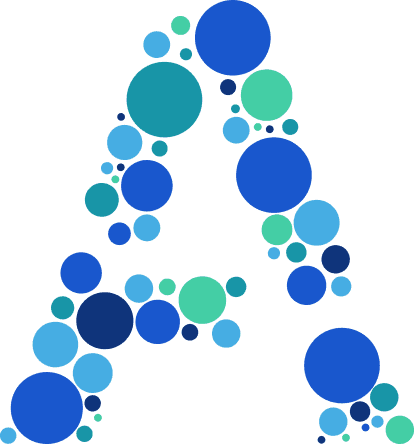Feb 7, 2025

This publication presents the most comprehensive empirical analysis to date of federally prosecuted human trafficking cases in the United States. Drawing on the Federal Case Data (FCD) maintained by Allies Against Slavery through its Lighthouse platform, the study analyzes 2,390 federal cases and over 4,500 defendants from 2000 to 2022. It uncovers key patterns and disparities in federal prosecutions, providing a crucial tool for evaluating federal anti-trafficking enforcement efforts.
The vast majority of cases—78%—involve minor sex trafficking, while only 6% involve labor trafficking, despite evidence that labor trafficking often affects more victims per case. This imbalance reflects the lower burden of proof and harsher sentencing guidelines in minor sex trafficking prosecutions, which likely make them more attractive for prosecutors. Yet, these cases tend to involve fewer victims and defendants, suggesting that the federal system may be under-prioritizing more complex and large-scale trafficking operations, particularly in labor trafficking.

Demographic analysis reveals that Black American males are disproportionately represented among defendants, especially in minor sex trafficking cases, where they comprise 53% of prosecutions despite being only 14% of the U.S. population. Meanwhile, foreign nationals, particularly those from Latin America and Asia, are more likely to be prosecuted for labor trafficking.

The report also explores trends in victim characteristics, revealing that while most victims are adults (72%), minor cases dominate prosecutions. Women and girls make up the majority of known victims, but male victims remain underidentified. The geography of trafficking prosecutions is uneven, with states like California, Florida, and Texas leading in raw numbers, but smaller states like South Dakota and Alaska leading per capita.
Ultimately, the report calls for greater balance in enforcement strategies to ensure labor trafficking and adult sex trafficking receive appropriate attention. It also highlights the need for racial equity in prosecution decisions and more strategic use of data to improve intervention, disrupt large-scale trafficking operations, and support victims more effectively.


